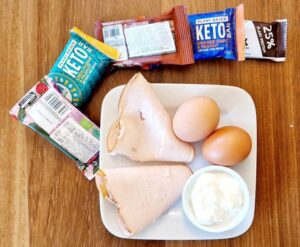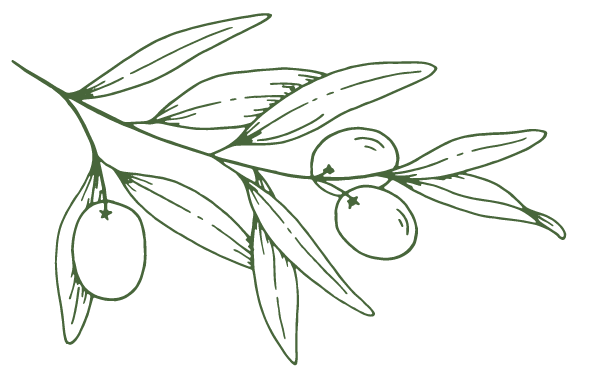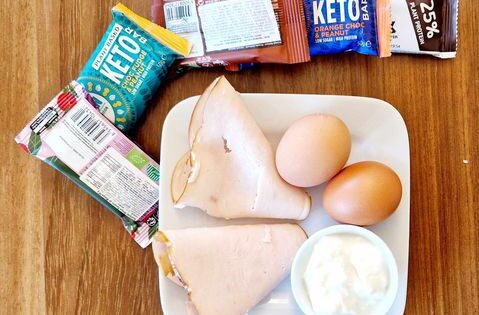
These days, it feels like everyone is talking about protein. Whether it’s to help with weight loss, balance hormones, prevent hair loss, or even improve sleep, protein seems to be the focus of every conversation. You’ve probably seen those “high in protein” labels on everything from puddings to protein bars and shakes. Social media is flooded with posts urging us to increase our protein intake—usually through pre-packaged snacks, shakes, or red meat. But do we really need to consume that much protein?
How Much Protein Do We Really Need?
Let’s break it down. Official guidelines from organizations like the World Health Organization (WHO), FAO, and EFSA recommend that the average adult needs around 0.8 grams of protein per kilogram of body weight each day to meet their nutritional needs. For athletes or those who are very active, that number may rise to 1.6-2.0 grams per kilogram.
For example, an average 50-year-old woman weighing 58 kg needs roughly 46 grams of protein per day. That’s not as much as some marketing campaigns would have you believe! To put it into perspective, a cup of Greek yogurt contains about 20 grams of protein, and 80 grams of chicken breast has another 26 grams. With just these two simple foods, she could meet her daily protein requirements. So why all the hype around “protein-enriched” products?
Let’s Talk About Fiber Instead
Here’s a nutrient that deserves more attention: fiber. Fiber plays a crucial role in gut health by feeding the good bacteria in our intestines, supporting a healthy immune system, improving nutrient absorption, and helping to cleanse the colon by removing fats and toxins. However, the same 50-year-old woman needs around 21-25 grams of fiber per day, yet many only consume 15-18 grams daily.
Rather than fixating on protein, we should be focusing on increasing our intake of fiber-rich foods, like vegetables, whole grains, nuts, seeds, and beans. Fiber is key for digestion, weight management, and even helping to control chronic conditions like cholesterol and insulin resistance. And guess what? Many fiber-rich foods also contain protein.
The Mediterranean Diet: A Balanced Approach
The Mediterranean diet, well-known for its health benefits, is naturally rich in plant-based foods. Beans, legumes, seeds, and nuts are staples of this way of eating, providing not only proteins but also valuable fibers. This nutrient-dense diet helps with weight management, protects against chronic diseases, and supports overall health—all while being more sustainable for the planet.
Instead of focusing on red meat, chicken, or highly processed “protein-enriched” products, consider boosting your intake of natural, whole plant-based foods. You’ll not only meet your protein needs but also benefit from the added nutrition that comes with fiber and other essential nutrients.
The Bottom Line: Shift the Focus
It’s time to shift our focus away from the protein hype. Instead of obsessing over how much protein we can pack into our diets, we should pay attention to where that protein comes from. By choosing whole, plant-based foods like beans, seeds, and nuts, we nourish our bodies in a balanced, sustainable, and healthful way—without falling into the trap of processed, protein-packed products.



